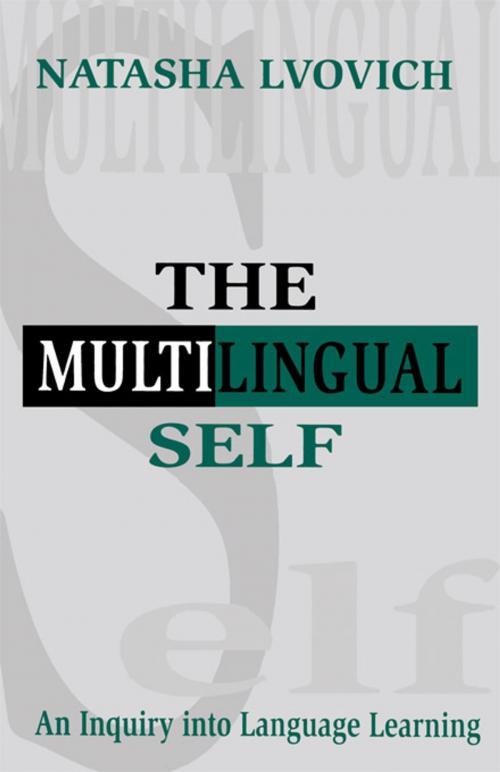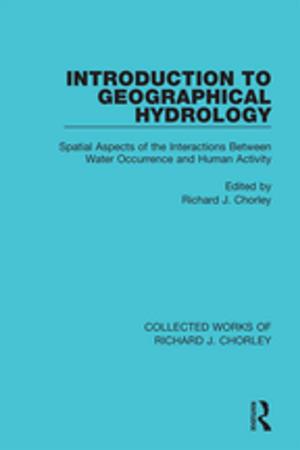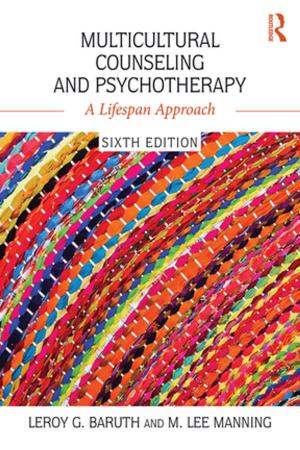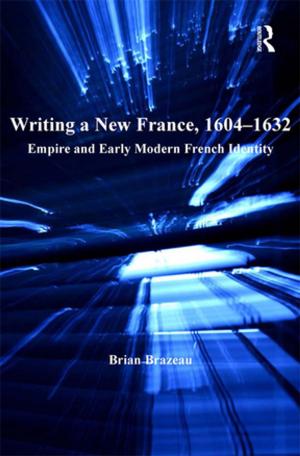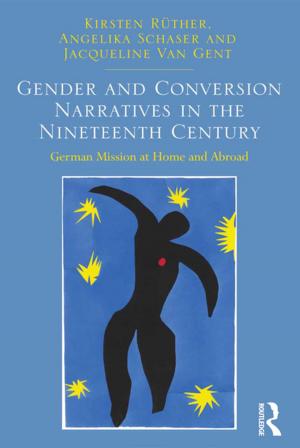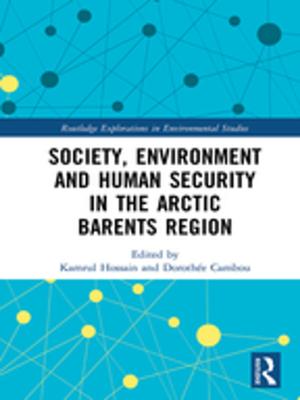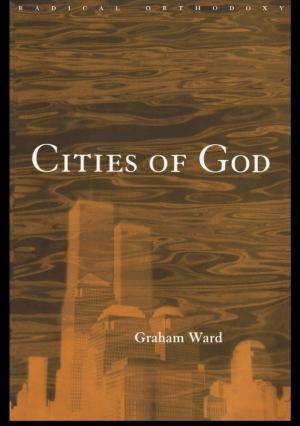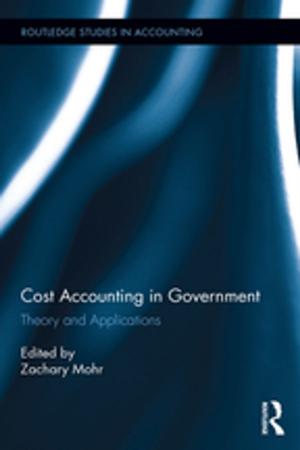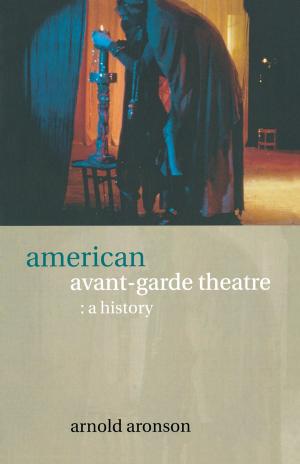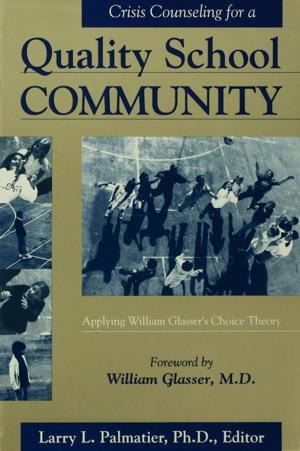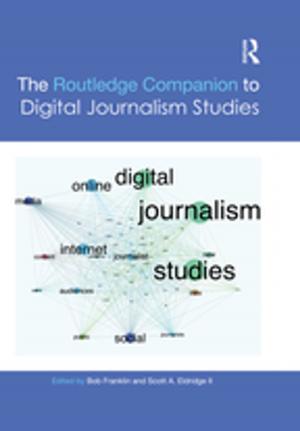The Multilingual Self
An Inquiry Into Language Learning
Nonfiction, Reference & Language, Education & Teaching, Educational Theory, Bilingual Education, Teaching| Author: | Natasha Lvovich | ISBN: | 9781136494994 |
| Publisher: | Taylor and Francis | Publication: | January 11, 2013 |
| Imprint: | Routledge | Language: | English |
| Author: | Natasha Lvovich |
| ISBN: | 9781136494994 |
| Publisher: | Taylor and Francis |
| Publication: | January 11, 2013 |
| Imprint: | Routledge |
| Language: | English |
This book relates the author's stories about how languages have integrated her being, and defined and formed her sense of self. The idea of writing autobiographical stories of her multilingual life came from her long-term commitment to foreign language teaching and from a recent, extremely rich and valuable experience teaching English to immigrants in the U.S. While reading and studying various aspects of second-language-related-theory -- linguistics, psychology, anthropology, and sociolinguistics literature -- the author realized how estranged language learners are from all the research, speculations, hypotheses, and achievements of scholarship.
A Russian immigrant, the author tells stories to her ESL students to help them understand why and at what price successful language acquisition and acculturation is realistic. Not only can students learn from her stories which encourage discoveries about their own behaviors or problems, but they might want to respond and tell about their own struggles with a foreign language. By becoming writers and interpreters of her text and by making it their own, students can construct their own virtual texts. The stories told throughout are those of a language learner, who is also a linguist and language teacher. As such, they can bridge the gap between second language research and practical teaching and learning. Moreover, this book can help initiate language learners along with their teachers into scholarship.
Second language teachers and graduate students preparing for a teaching career might see this book as an illustration and validation of the studied theory and an inner voice of their students at the same time. Multidisciplinary by nature, it can also be used in several college courses such as cultural anthropology, anthropo- and socio-linguistics, sociology, multicultural education, ethnography, bilingualism, and the study of immigrant experience. There are numerous applications of the book in the educational field at various levels of adult learning programs which might be determined by the objectives and by the instructor's vision of it in the curriculum. It is also intended as a message to the general public and to all thinking individuals in search of identity. It will popularize the idea of the importance of foreign language learning, language education, linguistic literacy, and metalinguistic awareness, of illuminating self-discovery through the treasure of multilingual experience, capable of giving birth to a new, sophisticated, spiritually complex and enriched multicultural identity.
This book relates the author's stories about how languages have integrated her being, and defined and formed her sense of self. The idea of writing autobiographical stories of her multilingual life came from her long-term commitment to foreign language teaching and from a recent, extremely rich and valuable experience teaching English to immigrants in the U.S. While reading and studying various aspects of second-language-related-theory -- linguistics, psychology, anthropology, and sociolinguistics literature -- the author realized how estranged language learners are from all the research, speculations, hypotheses, and achievements of scholarship.
A Russian immigrant, the author tells stories to her ESL students to help them understand why and at what price successful language acquisition and acculturation is realistic. Not only can students learn from her stories which encourage discoveries about their own behaviors or problems, but they might want to respond and tell about their own struggles with a foreign language. By becoming writers and interpreters of her text and by making it their own, students can construct their own virtual texts. The stories told throughout are those of a language learner, who is also a linguist and language teacher. As such, they can bridge the gap between second language research and practical teaching and learning. Moreover, this book can help initiate language learners along with their teachers into scholarship.
Second language teachers and graduate students preparing for a teaching career might see this book as an illustration and validation of the studied theory and an inner voice of their students at the same time. Multidisciplinary by nature, it can also be used in several college courses such as cultural anthropology, anthropo- and socio-linguistics, sociology, multicultural education, ethnography, bilingualism, and the study of immigrant experience. There are numerous applications of the book in the educational field at various levels of adult learning programs which might be determined by the objectives and by the instructor's vision of it in the curriculum. It is also intended as a message to the general public and to all thinking individuals in search of identity. It will popularize the idea of the importance of foreign language learning, language education, linguistic literacy, and metalinguistic awareness, of illuminating self-discovery through the treasure of multilingual experience, capable of giving birth to a new, sophisticated, spiritually complex and enriched multicultural identity.
